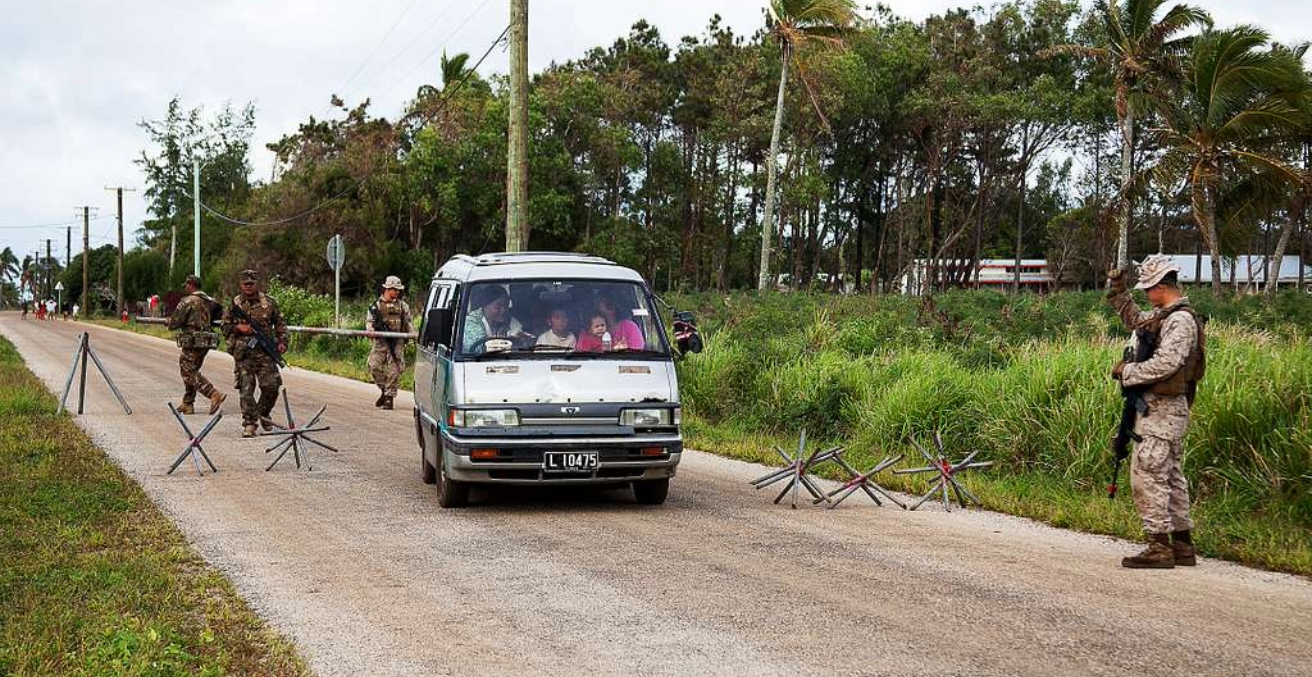Angela Merkel is in a leading position for Sunday’s elections in Germany, but 40 per cent of voters remain undecided and their support will be vital for forming an effective coalition to govern in challenging times.
Germany’s newly elected leader will face significant challenges requiring difficult and divisive choices following the 23 September Budestag election.
Opinion polling has consistently shown the incumbent CDU-CSU coalition led by Angela Merkel in front with around 37 per cent of votes, the SPD on about 23 per cent, the AfD (Alternative for Germany) at about 11 per cent, Die Linke (The Left) with approximately 10 per cent, Greens about 8 per cent, the business-friendly FDP around 9 per cent.
The immediate challenge will be to form a coalition for the over 50 per cent of votes required to form government.
Critical Alternative for Germany
Having achieved gains between 11 and 22 per cent in all eastern German states, the AfD is predicted to win the battle for third place and claim a symbolic role as the opposition, thereby replacing Die Linke as the East German voice of protest. There is also a real possibility that opinion polls are underestimating the extent of voter backing for the AfD.
The AfD are not expected to be part of a ruling coalition because both the CDU-CSU and SPD have indicated they will not form an alliance with them. But if the AfD does win the votes that are forecast, as the third largest party, they will exercise considerable power over policy relating to migration and refugees.
The most realistic options for a coalition are another grand coalition between Merkel’s CDU-CSU and the SPD, or a so-called ‘Jamaica coalition’ between the CDU, the FDP and the Greens party.
However, many SPD members are not keen to again be the junior partner and see a period in opposition as necessary to differentiate and re-establish the party’s electoral appeal. And there is limited common policy ground between the CDU and the Greens, and the Greens and the pro-business FPD. (Despite a resurgence of support for the FDP, a coalition with the CDU-CSU looks unlikely to deliver enough to form government).
One of Merkel’s challenges in a fourth term will be to win back the trust of eastern Germans. The east is largely more Protestant while the west is more Catholic; and there are also differing economic and political contours between the north (poorer, traditionally SPD) and south (wealthier, CDU-CSU) all being factors in the vote.
Stable coalition critical
While Dr Merkel is widely seen as a stablising force in the EU and the wider world, offering voters a sense of reliability and continuity, she faces international challenges such as reforming the EU, US demands for increased defence spending, relations with Turkey, Russian geopolitical threats and the future of the multilateral global order.
Domestically, there are deep political uncertainties about unresolved issues such as migration and fears around globalisation and world security.
The ongoing task remains integrating the 900,000 refugees accepted by Germany since 2015 into the economy and society in general. This is despite increased restrictions on refugee stays within Germany, and Merkel’s calls for a more even distribution of asylum seekers among German states and across Europe.
Many Germans are also concerned about the vulnerability of the German economic model and manufacturing base; as well as increasing social inequality and threats to social cohesion. High energy costs and low investment rates have affected German competitiveness in infrastructure and the digital economy.
Given the dependence of the German economy on global markets, any economic downturn in emerging markets is expected to impact in the near term on industrial companies in sectors like plant and machinery as customary multiyear contracts expire.
The decision by Dr Merkel to lower the retirement age, a reduction in real terms in the wages of the lowest-paid 40 per cent of workers, and demands for greater infrastructure investment all reflect the need for serious economic and tax reforms to shore up the economy against emerging global challenges.
The scandal over the German car industry (VW, Audi, BMW, Porsche and Daimler) cheating pollution emission tests will see domestic pressure to tackle diesel pollution and improve air quality in cities, with calls already for a ban on diesel vehicles in city centres.
Election authorities are also concerned that in the final days of the campaign there may be Russian attempts to disrupt the election outcome or sow doubt about the validity of the result, to create division and disinformation and sway votes in support of parties more aligned with Moscow, such as the AfD with its six Russian German candidates.
Outside of a major incident or crisis a few days out from the election, which could lead to a change of voter minds, the question remains how many of the 30-40 per cent of voters who say they are undecided will seek to exact retribution for Dr Merkel’s refugee policy.
Should this significantly reduce the CDU-CSU’s consistent lead in the polls and the options for a workable coalition, it will affect the next chancellor’s capacity to deal with the challenges and deep political insecurities over a demanding four or five years ahead when putting off big decisions with more of the same will not be enough.
Marian Schoen is the executive director of the European Union Centre for Shared Complex Challenges at the University of Melbourne.
This article was co-published with the University of Melbourne’s Election Watch.
This article is published under a Creative Commons Licence and may be republished with attribution.




